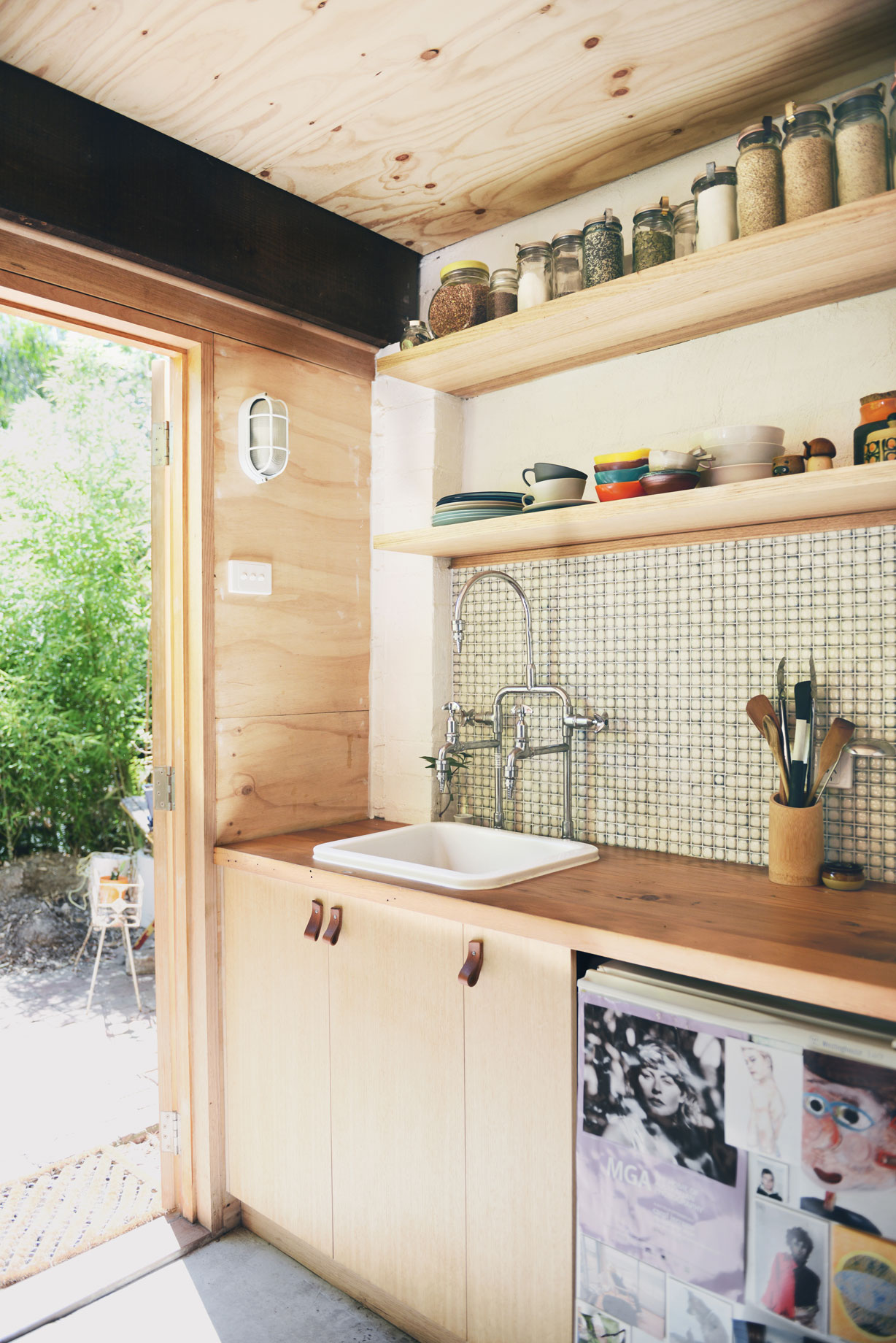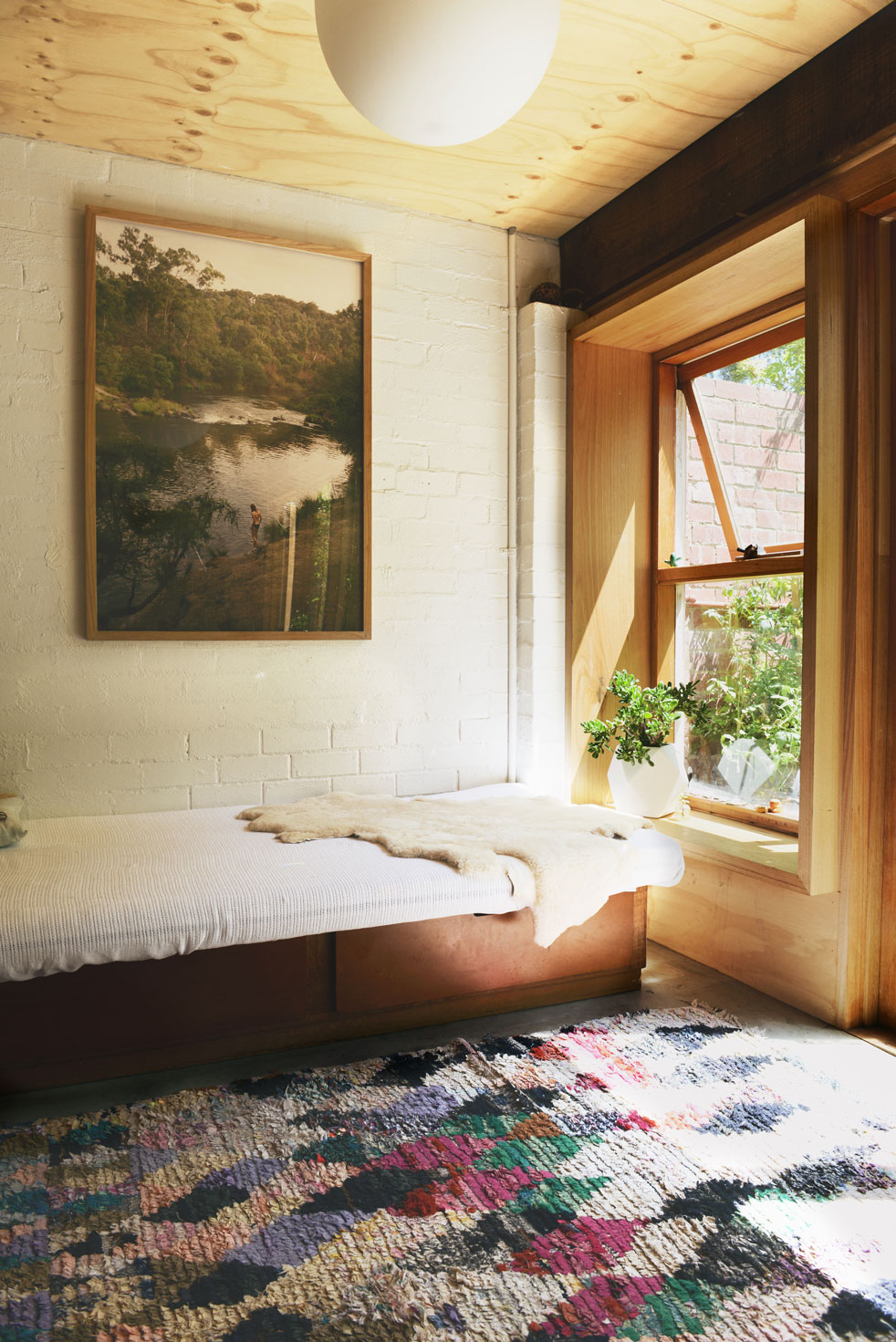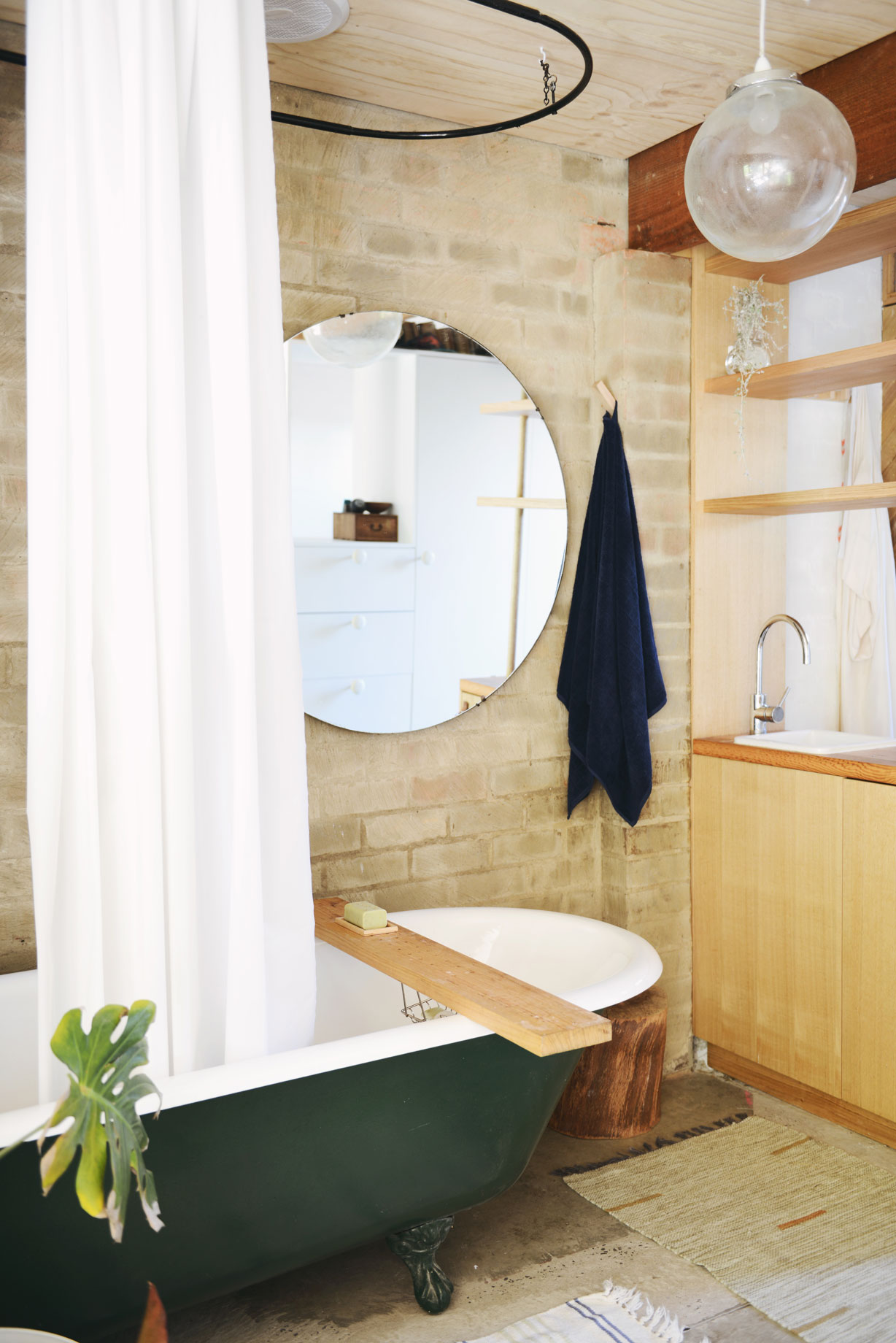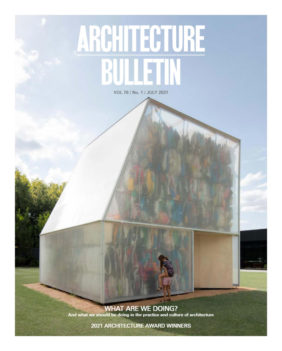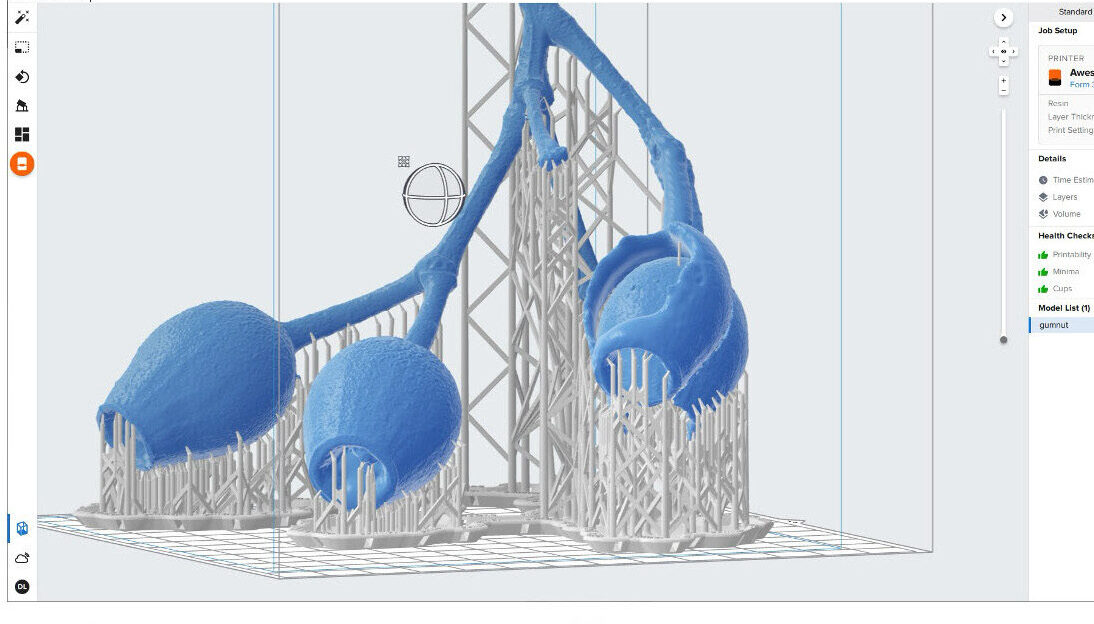Housing people
Australia has long prioritised the movement and shelter of cars over the movement and shelter of people – and this has impacted the liveability of our cities and the health and wellbeing of residents.
It contributes to the current housing affordability crisis, with an ever increasing inequity between those who need a car to visit the shops and those who can afford to live in the middle-ring suburbs well serviced by public transport and walkable established villages.
Perhaps the significant and ongoing impacts of the COVID-19 pandemic could offer a new perspective on an old problem.
Prior to 2020, changes in car use and ownership were technological – car sharing, car ride apps and hybrid/electric cars. Despite hype and wide uptake, these developments have not slowed the rate of Australian car ownership per household or significantly altered our streetscapes. The potential for autonomous cars to revolutionise private car ownership to the benefit of our cities is exciting – but Australia trails well behind forward thinking countries such as Singapore and the Netherlands, when it comes to policy, legislation or trials.
At first glance the immediate impacts of the pandemic would appear to be more bad news: public transport usage dropped for health safety reasons and private car trips and luxury car sales have increased above pre-lockdown levels. However, longer term there is reason for hope.
Working from home
Businesses pivoting and workers quickly adapting to working from home has challenged the traditional belief that CBD office space and supervision are required for productivity. The general success of this forced social experiment suggests it will give rise to more flexible hours, permissive attitudes to working from home and pre-COVID-19 commuting patterns that will not be wholly reinstated,
reducing the congestion of peak-hour traffic and pressure on public transport.
Local councils face a future where more inhabitants stay closer to home for part of the week. Quieter streets and walkable solutions improve the liveability of smaller town centres, strengthening community and improving the health and engagement of residents. This aligns with Greater Sydney Commission’s strategic vision for a polycentric Sydney of three 30-minute cities.
Government policy and investment during recession
Investment in infrastructure as a path out of recession is to be expected but Australia could follow international examples of Paris and Vienna and invest in projects that support pedestrian and bike spaces. Local governments in Melbourne and Sydney have added pop-up cycleways and committed to developing more.
E-bike and bike sales experienced a boom in 2020 with cycling offering exercise, mental health benefits and a COVID-safe method of transport. State governments should take their cues from this and avoid the political temptation to invest in new roads – car-centric, no reduction in congestion – instead investing in maintaining existing roads and rail – to the benefit of bike and public transport users.
Another opportunity is the unbundling of garage and apartment ownership. As of February 2021, more than 80,000 Australians are still deferring their home loans and the risk of a mortgage default spike looms. Perhaps these home owners have an asset that they could sell [their garage] to the benefit of their local area. In a 2018 study by RMIT research fellow Dr Elizabeth Taylor found 25 to41% of garages in the Melbourne CBD were vacant and a discussion followed on the impact of this waste on the city.
Unbundling allows home owners to sell an unused asset and reduces wasted space. In the CBD, garages can be repurposed to improve flexible parking options which in turn offers the potential for the CBD to expand space dedicated to pedestrians, cycling, public transport and outdoor recreation. In the middle-ring suburbs, it offers the potential for converting street-facing garages to housing in specific contexts.
Garage conversions as affordable housing
Transport shapes housing. Older suburbs hold the memories of horse-drawn transport with stables long since converted into housing. Unused private garages offer the same potential.
Garages in middle-ring suburbs offer scope to increase density by stealth. Selling a freestanding garage is currently not possible because of subdivision pattern requirements. Revisiting this position to allow small parcels of land in established suburbs to be repurposed would ideally incentivise build-to-rent affordable housing. Street-facing garage conversions are inherently affordable as they are limited in size, have existing fabric to retain and reuse and generally offer excellent amenity being directly connected to a streetscape at ground level.
Suburbs would enjoy street and laneway activation and this alternative housing type could bolster the limited affordable housing offerings in middle-ring suburbs. These concepts might be uniquely palatable to a community of city dwellers who have had the recent shared experience of working from home, walking and riding more and re-engaging with local community on quieter streets.
Fiona Hicks is a graduate of architecture, working as a building designer at Commonplace. Commonplace is currently working on a small-scale affordable housing pilot.
This article was written in response to the NSW Chapter Editorial Committee’s call for contributions in a context of crisis, seeking perspectives on What are we doing?
